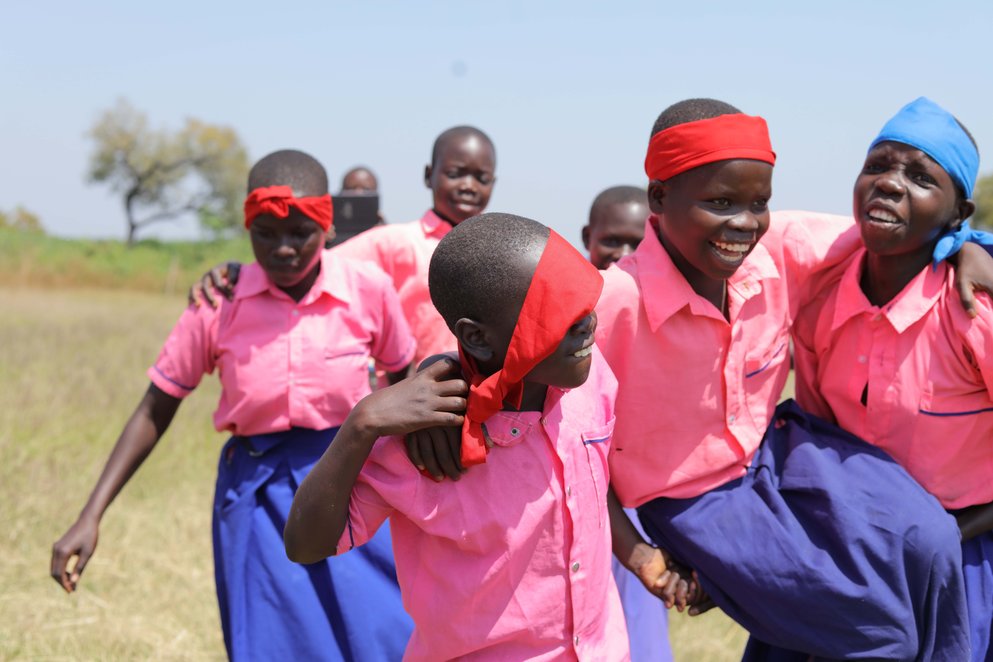We use cookies on our website to enhance your browsing experience, analyze web traffic and display targeted advertisements via third parties. Your privacy is important to us, and we want to be transparent about how we use cookies while complying with GDPR regulations.
Click the 'Accept All' button to accept all cookies. This choice means you consent to the use of all cookies on our website.
Prefer more control? Click 'Manage Preferences' to customize your cookie settings.
Click the 'Reject All' button to reject all non-functional cookies.

